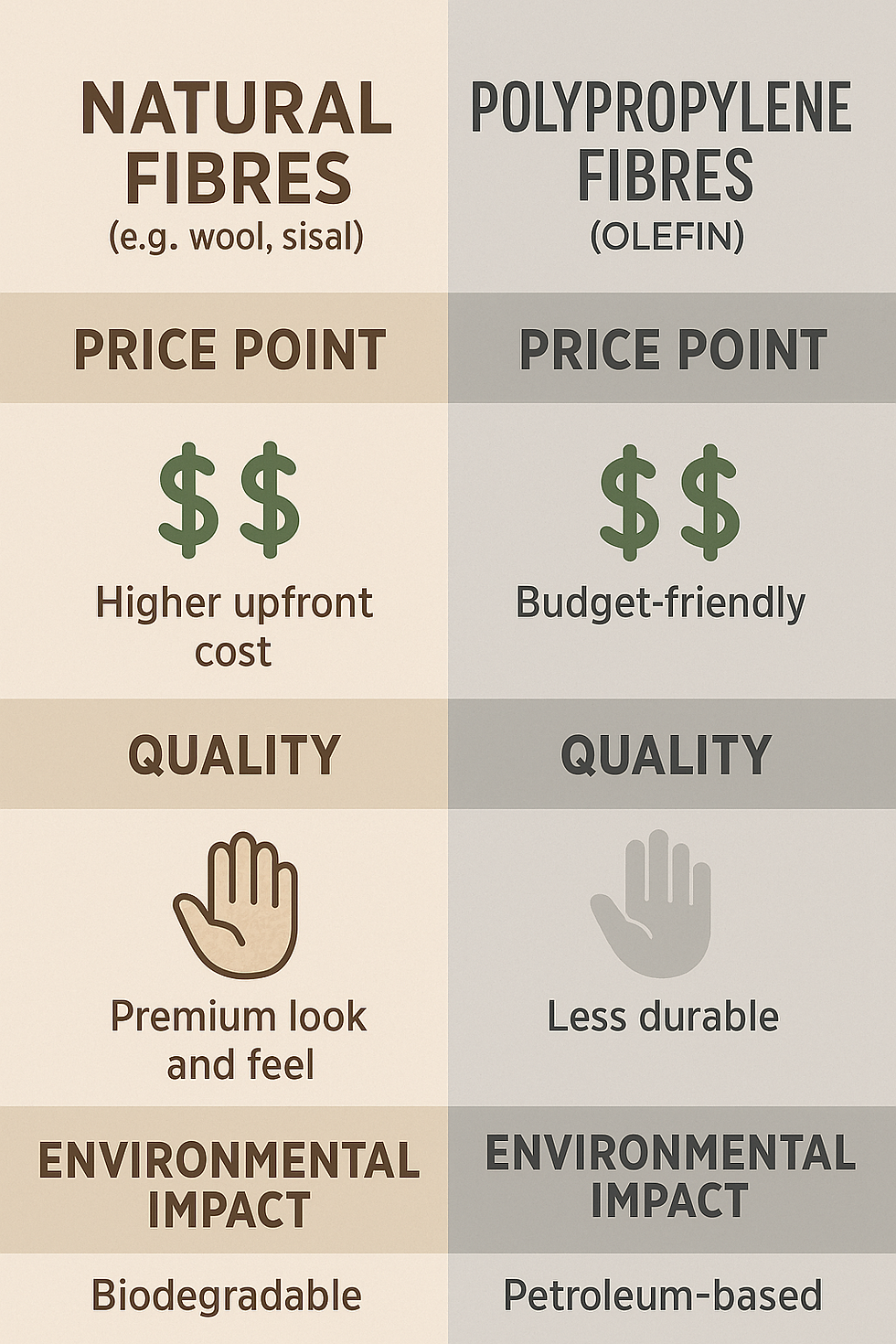Should You Use Bicarb and Vinegar On Your Carpets?
- Christopher Liley

- Apr 21, 2025
- 3 min read

Should You Use Bicarb and Vinegar on Your Carpets? A Professional's Perspective
While Google searches often recommend carpet cleaning alternatives, such as using baking soda (bicarbonate of soda) and vinegar, as a certified IICRC professional cleaner, I need to address some concerns about this popular DIY method and the associated risks of DIY carpet cleaning with natural and synthetic fibres.
The Reality of Bicarb and Vinegar
1. Residue Issues:
- Baking soda particles are extremely fine and can embed deeply into carpet fibres
- These particles often remain even after thorough vacuuming
- Residual powder becomes a dirt magnet, leading to faster resoiling
- Can potentially damage vacuum cleaners over time
2. Chemical Reactions:
- When vinegar (an acid) meets bicarb (a base), they create a salt residue
- This residue can attract moisture and lead to:
• Sticky carpet fibres
• Accelerated soiling
• Potential mould growth in humid conditions
3. Risks to Natural Fibres:
- Vinegar's acidic nature can:
• Causes colour bleeding in natural fibres
• Weaken wool and silk fibres
• Create permanent staining or bleaching effects
• Potentially void manufacturer warranties
DIY Alternative:
For safe and effective DIY spot cleaning, we recommend our tested solution: (always test in an inconspicuous area), credit to the stain guide on YouTube for this recipe
Ingredients:
- 125ml water
- 1 cup 70% isopropyl alcohol
- ½ teaspoon dishwashing liquid
Preparation and Storage:
- Mix all ingredients thoroughly
- Transfer to a clean spray bottle
- Store in a secure, locked cabinet well out of reach of children
- Keep away from direct sunlight and heat sources
- Label the bottle clearly with contents, date mixed, and "KEEP OUT OF REACH OF CHILDREN"
- Store away from food items and other household products
⚠️ IMPORTANT SAFETY NOTE: This solution contains isopropyl alcohol, which can be harmful if swallowed or misused.
Always keep cleaning solutions securely stored out of the reach of children and pets.
For detailed instructions on how to effectively use this spot cleaning solution, including proper blotting techniques and specific stain treatments, visit our comprehensive guide [coming soon].
Remember: Always test the solution in an inconspicuous area first, and never rub or scrub the carpet as this can damage the fibres. Use a blotting technique while wearing gloves.
Professional Cleaning Recommendation:
For best results, blot up as much as you can and consider laying a damp towel over the area until a professional steam or hot water extraction service can come and use:
Purpose-specific stain removal products, ph-balanced for your specific carpet type
Professional-grade cleaning solutions
Industrial-strength extraction methods for complete residue removal
Some stains will be permanent, but the sooner they are treated, the more likely it is to achieve a great result with minimal damage.
Remember: While DIY solutions might seem cost-effective, they can lead to permanent carpet damage and more expensive repairs in the long run. When in doubt, consult a professional carpet cleaner who uses industry-approved methods and products.
Need Professional Help? We're Here For You
We understand that not everyone has the time or inclination to mix cleaning solutions and tackle carpet stains. As North West Tasmania's trusted carpet cleaning professionals, CJL Cleaning Service is here to help:
Why Choose Professional Cleaning:
- Save time and effort
- Guaranteed results
- Proper equipment and professional-grade solutions
- Expert knowledge of different carpet types and stains
- Prevention of accidental carpet damage
Ready for Professional Care?
Contact CJL Carpet Cleaning at 0456 780 942 for a complimentary quote or to discuss your stain or carpet cleaning requirements. We're known for our prompt, reliable service and attention to detail.


Comments